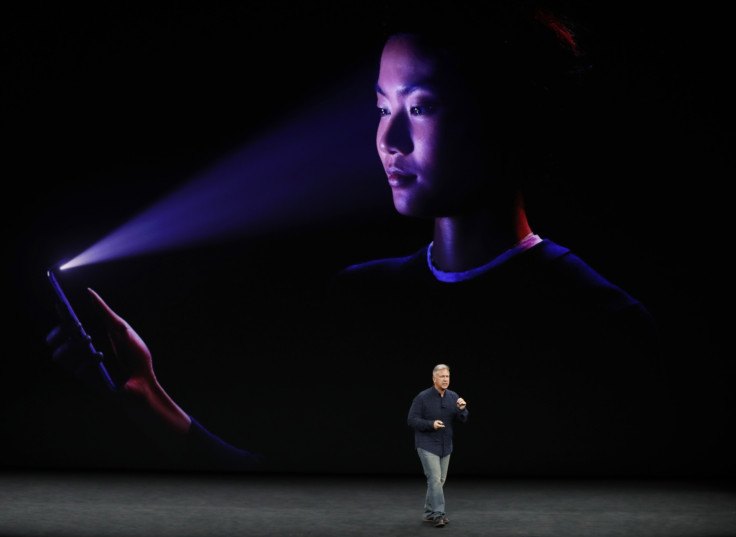Apple explains that embarrassing Face ID failure during iPhone X launch
Apparently, Face ID locked itself after looking at too many strangers.

Apple has revealed why the new iPhone X's biggest feature, Face ID facial recognition, failed to work at its launch event on Tuesday (12 September).
As Apple executive Craig Federighi tried and failed to unlock the handset by looking at it, the 1,000-seat Steve Jobs Theatre held its breath. "Let's try that again" he said, before it failed for a second time. "Ho, ho, ho. Let's, uh, go to backup here."
Federighi quickly switched to a backup iPhone X, which unlocked first time, allowing him to continue with the presentation.
But what went wrong?
In a statement sent to Yahoo, an Apple representative said that, because several people had held the phone backstage before the event started, the Face ID system had tried and, as it was set up for Federighi, failed to unlock using their faces. Just as how Touch ID locks you out after using the wrong finger several times, Face ID does the same.
Apple said: "People were handling the device for the stage demo ahead of time and didn't realise Face ID was trying to authenticate their face. After failing a number of times, because they weren't Craig, the iPhone did what it was designed to do, which was to require his passcode."
A message displayed on the phone suggests this explanation is accurate, but the situation leads us to wonder how often this will happen in the real world. Say an iPhone X is left on a table in a cafe or restaurant, will Face ID try to unlock every time it sees a face go by? If so, it's likely that after just a few minutes the phone will require its owner's passcode to be unlocked - an awkward fumble if you're trying to show off Face ID for the first time.
Exclusive to the iPhone X and not used on any smartphones before, Face ID uses infrared light to map a user's face with a pattern made from 30,000 invisible dots. Raising the handset wakes it up (or a tap of the screen performs the same function), then once Face ID recognises its own, the phone unlocks. Swipe up and the home screen appears.
Priced from £999, the iPhone X is open for pre-order from October 27 and goes on sale a week later, on 3 November.
© Copyright IBTimes 2025. All rights reserved.






















